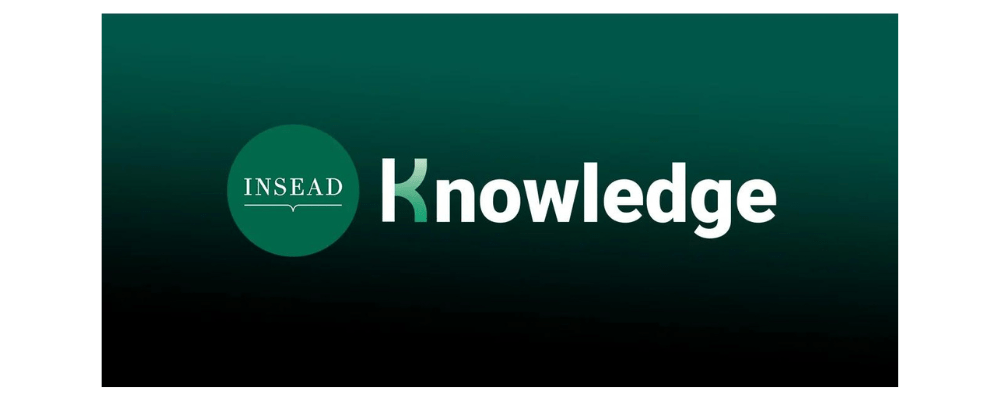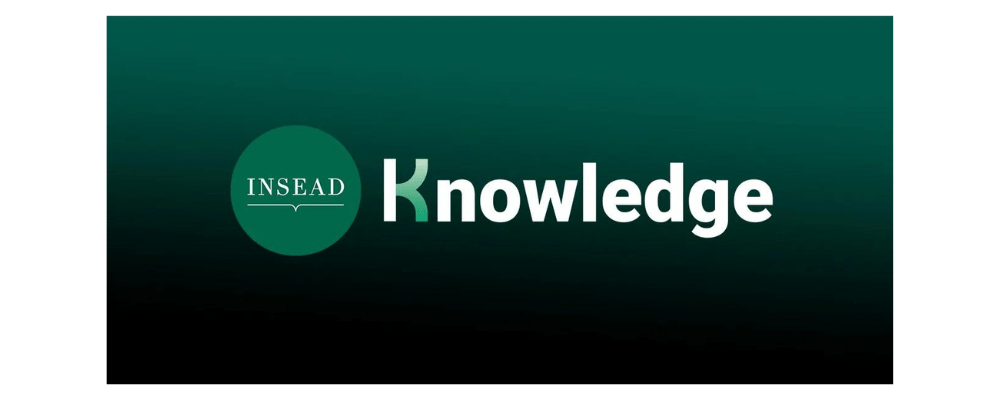The United States narrowly escaped yet another government shutdown at the start of this year, which would have been the fourth US government partial shutdown in the last decade. But as the world’s largest economy heaved a huge sigh of relief, the 35-day shutdown from late 2018 into early 2019 – the longest in American history – is still fresh in their memory.
The next shutdown would hardly come as a surprise given the poor track record of Congress passing all of its spending bills on time, amid a more hostile and divisive environment and growing tension between and within the Republicans and Democrats. The costs to federal employees and everyone in need of the services they provide are clear for all to see. What about the less visible costs to the financial market?
When the cat is away…
While security and defence sectors continued operations in past US federal government shutdowns, other forms of “policing” were not spared the disruption. In the 2018–2019 shutdown, the Securities and Exchange Commission (SEC) had to operate at 5.8 percent of normal capacity and the enforcement division at 8 percent of normal capacity, according to data intelligence firm Enigma Technologies.
The SEC plays a regulatory role in ensuring that listed companies report in honest and transparent ways and monitoring trades by corporate insiders in the shares of their own companies. Such insiders can have an unfair advantage when trading due to their access to insider information. But during the 35-day shutdown, SEC regulatory activity decreased persistently, as reflected in the fall in SEC oversight of annual filings, using the issuance of comment letters by the SEC to publicly listed companies as a proxy. Importantly, the frequency of comment letters was abnormally low even after the shutdown ended, suggesting that the SEC did not make up for a lack of activity during the closure.
When the policing of insider trading is disrupted, regulators and the financial market can only hope that publicly listed companies can be trusted to play by the rules when no one is watching. In a study I (Daniel Bens) co-authored with INSEAD colleagues Gavin Cassar, Ying Huang and Thomas Keusch, we wanted to find out if in the absence of a watchdog, corporate insiders trade more and make extra profits by using material non-public information. Our analysis was based on trades made during the US federal government shutdown of over a month, since it was a period of relaxed regulatory scrutiny.
Insider trading increased with reduced scrutiny
Based on the Becker analysis of the economics of criminal activity, we predicted that insiders would be more likely to exploit their information advantage to trade their companies’ shares when the likelihood of detection is significantly reduced.
In our study, we assessed whether insiders exploited the lack of SEC enforcement during the shutdown by examining the profits they made from trading shares in their companies. We found that insiders earned abnormal profits, especially on their sales of shares, during the SEC shutdown as compared to the same calendar periods in the two years prior and the two years following the shutdown. To test the robustness of our findings, we compared our results with insider trading profits in other time periods when the US government shutdown did not affect the SEC, and with profits of insiders from other countries trading in their home markets in the same period as the SEC shutdown.
Consistent with our findings, Bloomberg Businessweek reported that in 2019 the SEC pursued 32 insider trading cases, the lowest in over 20 years.
The need for robust governance
Tensions and disagreements on funding in the US federal government have real and lasting effects. If the SEC cannot provide oversight, the regulatory discontinuity in the capital markets can affect corporate governance. Anticipating a possible repeat of history, current SEC Chairman Gary Gensler recently stated that if a shutdown occurred today “we’ll largely be a skeletal staff – normal oversight on markets will not be possible.” Moreover, unchecked insider trading can significantly undermine confidence in the financial system. As such, the regulatory role of the SEC must be maintained at all times to ensure stability and trust in the capital markets.
This brings up the question of how funding is secured. In a previous lengthy shutdown in 2013, the SEC was unaffected since it managed to secure its own funding to keep operations going. But in the 35-day shutdown, when SEC activity ground to a halt, wrongdoings such as insider trading could not be actively policed. Interestingly, throughout the history of shutdowns, the US Postal Service and the Federal Reserve have been largely unaffected, thanks to their own funding streams.
As such, the SEC could benefit by adopting a self-funding model that does not rely on government appropriations. This could ensure its resilience and the continuity of its enforcement functions despite an increasingly divisive political climate. On the other hand, this is yet another controversial debate in the US as the self-funding status of another government entity (the Consumer Financial Protection Bureau) was challenged all the way to the Supreme Court.
Our research is not only about the SEC and the US; the SEC’s predicament could happen to any country with the same funding structure. More broadly, instead of putting the regulatory responsibility solely on the shoulders of the SEC, companies can implement mechanisms to achieve some degree of self-regulation. Some companies have attempted to implement trading blackout periods to restrict trading by their staff during certain times such as the run-up to earnings reports, although findings show that this is not effective. Rather than concluding that self-regulation is ineffective in stemming insider trading in the absence of a watchdog, it is perhaps more accurate to say that more can be done to ensure effective governance.
Allowing employees and insiders to own their company’s stock is an effective way to align shareholders’ and managers’ incentives. Allowing managers to trade these shares – under specific conditions – is also necessary so that they can meet their personal needs. That said, actions must be taken on all fronts to safeguard the integrity of and maintain trust in such trading.
“INSEAD, a contraction of “Institut Européen d’Administration des Affaires” is a non-profit graduate-only business school that maintains campuses in Europe, Asia, the Middle East, and North America.”
Please visit the firm link to site






